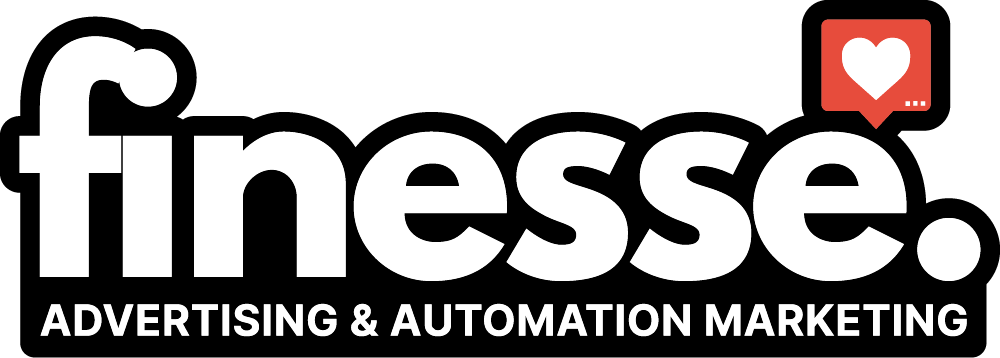For Business Owners & Agencies
Facing Disruptions With Their Advertising
There are several reasons why Facebook suspends accounts, and two main causes could have led to this suspension.
You have violated or appear to have broken a Facebook Ads Policy or something in their terms and conditions.
There is something suspicious in the behavior of your account, be it billing or otherwise.
The process seems quite simple, but the reasons are endless when broken down to the policy level. For most, finding the offense is like finding a needle in a haystack. To explain further, I have listed below the most common suspension types in no particular order concerning Facebook Ads.
The list of items below could be the reason Facebook suspended your account.
Although these aren't all the reasons, the ones listed are the most common. The reasons Facebook gives can often be too vague and can cover the account or site violations. Attempting to reinstate alone can often take time and effort.
Facebook is more apt to believe its system than the one that was suspended by it. We aim to determine why the system suspended you and help make it right.
When appealing, remember that there must be a valid reason for the violation and why it happened in the first place to ensure you won't appear as a repeat offender.
With a vast knowledge of how Facebook runs, their policy, how they think, and how the ads system scans, you will quickly get reinstated. Take the time to read Facebook's policies and run a clean account. Choose the safe option if you need help with what goes with and against the policies.
Appealing alone can often be frustrating because Facebook offers little help. Since people are looking to figure out Facebook's algorithm, they are strict about what information is directly given out.
Violating Facebook’s Ad Policies:
This includes promoting illegal products or services, misleading advertising, and infringing on intellectual property rights.
Suspicious Activity:
Activities such as logging in from different IP addresses, changing payment methods frequently, or drastic budget increases can trigger Facebook’s security systems.
Unusual Payment Activity:
Issues like late payments, using a payment method that doesn’t match the account’s location, or having multiple failed payment attempts can lead to suspensions.
High Negative Feedback:
Receiving a high percentage of negative feedback from users on your ads can result in account suspension.
Repeated Policy Violations:
Continuously violating Facebook’s ad policies, even after warnings, can lead to permanent account disabling.
Unclear or Misleading Landing Pages:
Ads that lead to landing pages that are unclear, misleading, or violate Facebook’s guidelines can cause account suspensions.
Using Prohibited Content:
Ads containing sensational, shocking, or disrespectful content, or those that imply personal attributes, can be flagged and lead to account disabling.
Multiple Accounts:
Managing multiple Facebook accounts, especially if they are used to manage the same business page, can result in suspensions due to policy violations.
Automated System Flags:
Facebook’s automated systems may flag accounts for various reasons, including unusual patterns or activities that seem suspicious, even if they are legitimate.
Failure to Comply with Regional Guidelines:
Ads that do not comply with specific regional guidelines, such as those for regulated products like tobacco or gambling, can lead to account suspensions.
Facebook believes it's up to you to figure out why you got suspended and expects you to fix it alone. Going through your site alone to locate the issue can be very time-consuming, as well as Facebook's support pages which can often be hard to understand for those who aren't advertising experts. No matter the suspension, be cautious not to do anything to compound the problem. Everything done from the point of rest onward can permanently mark your account and do more harm than good for your reinstating.
We are experts with Facebook's policies and an excellent reinstating source. Our fees are fair, response time is fast, easy to work with, and we offer support if a suspension occurs again. The bottom line is that we have the speed, ability, and experience that make us a great choice. We know how to fix Facebook ads suspensions for you!
2 Column
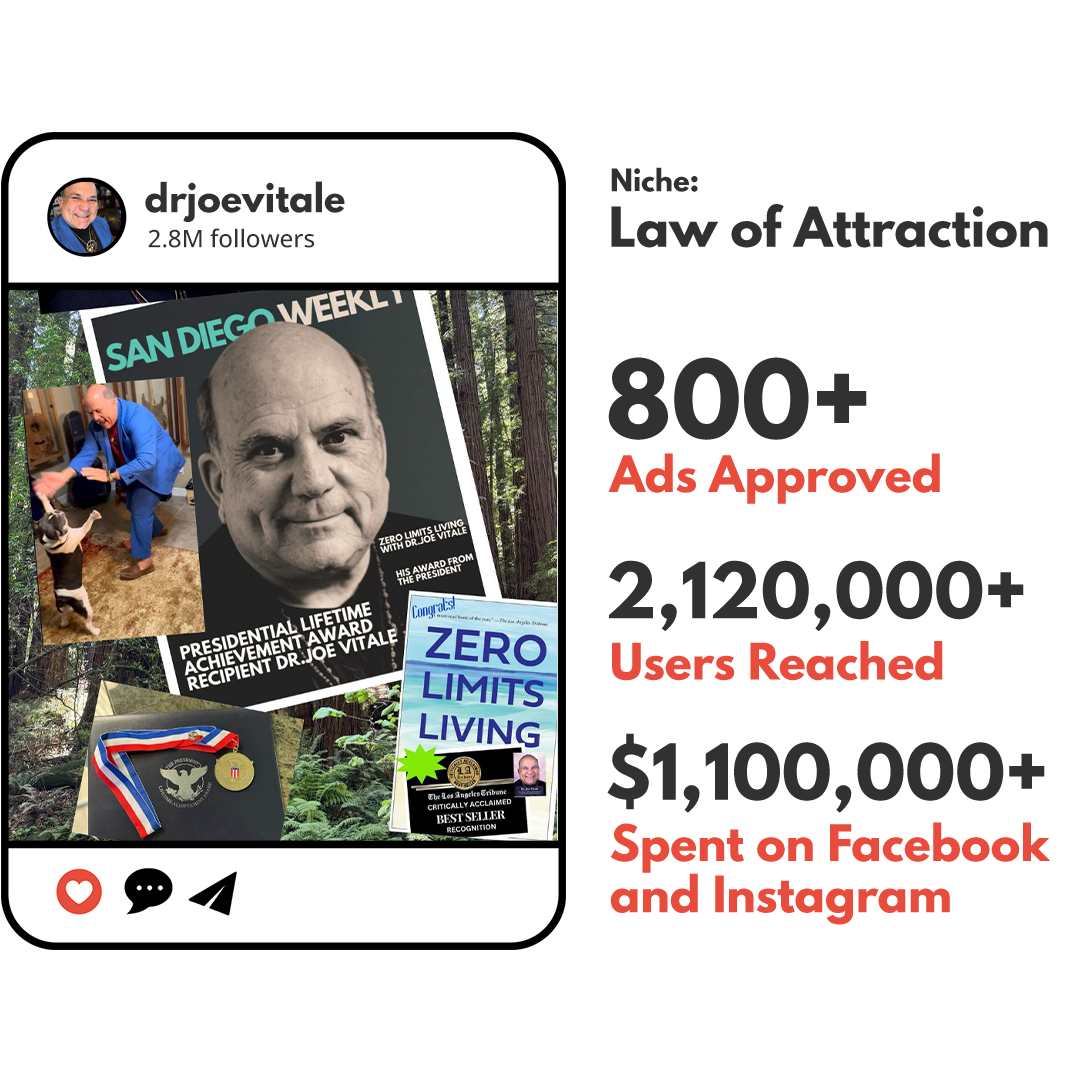
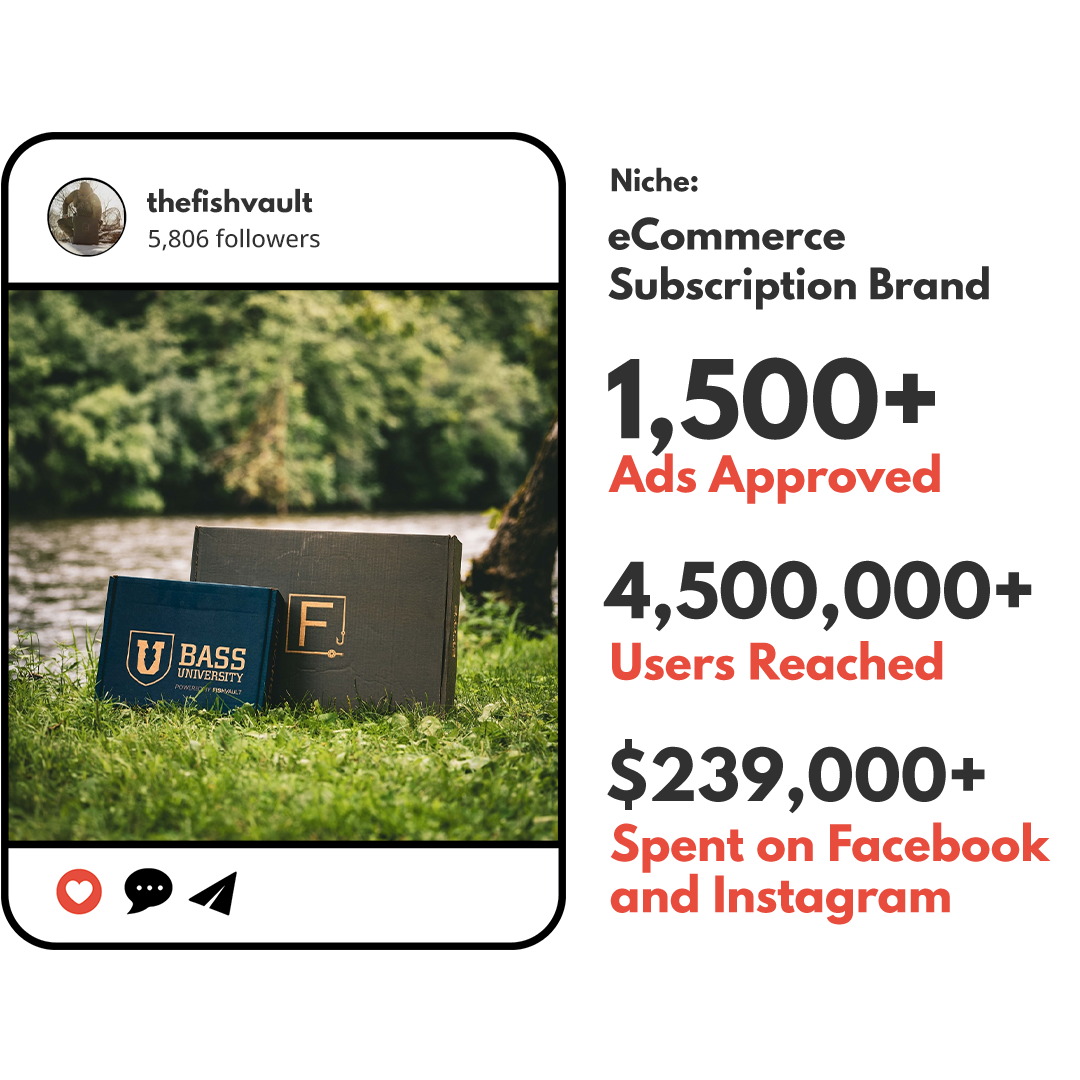
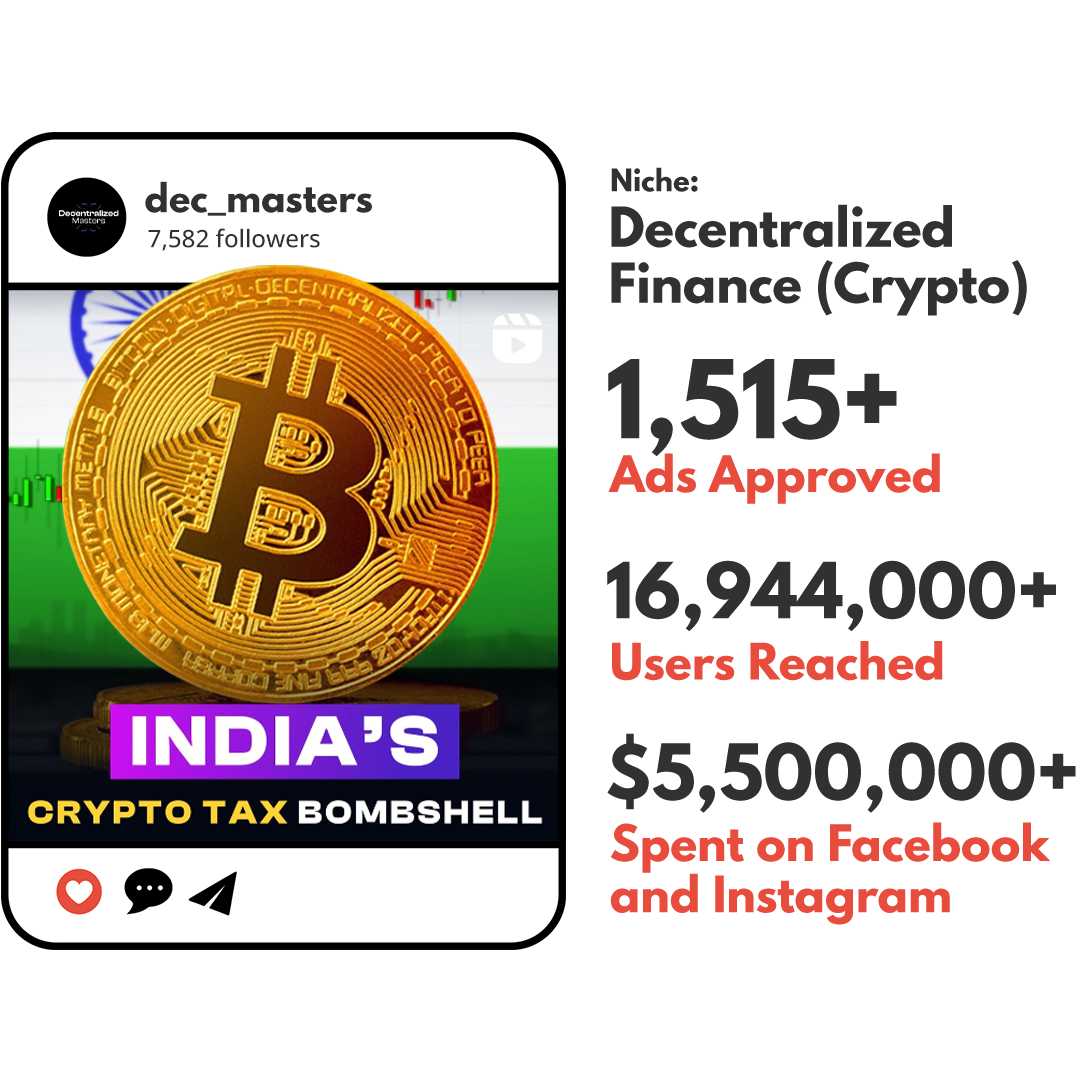
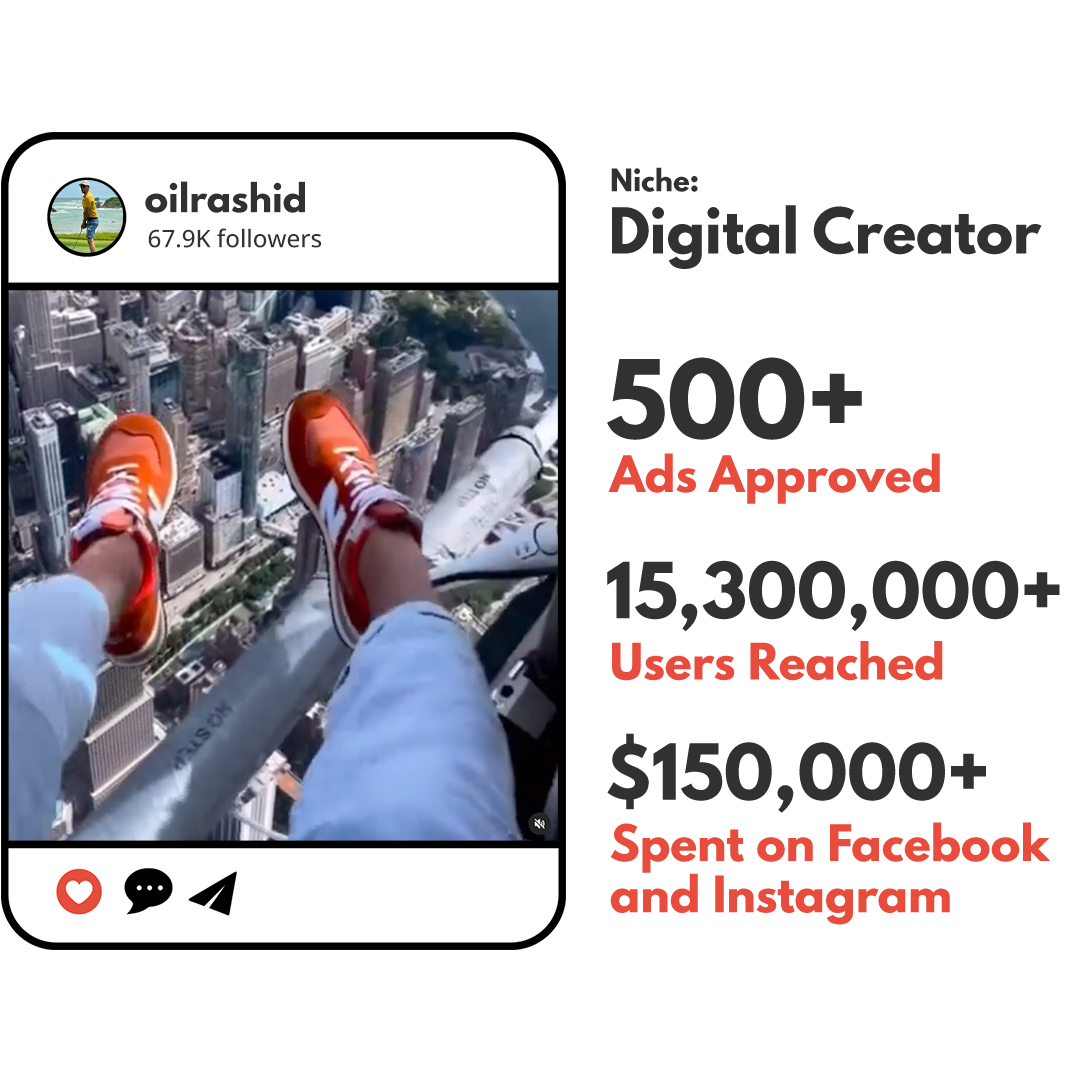
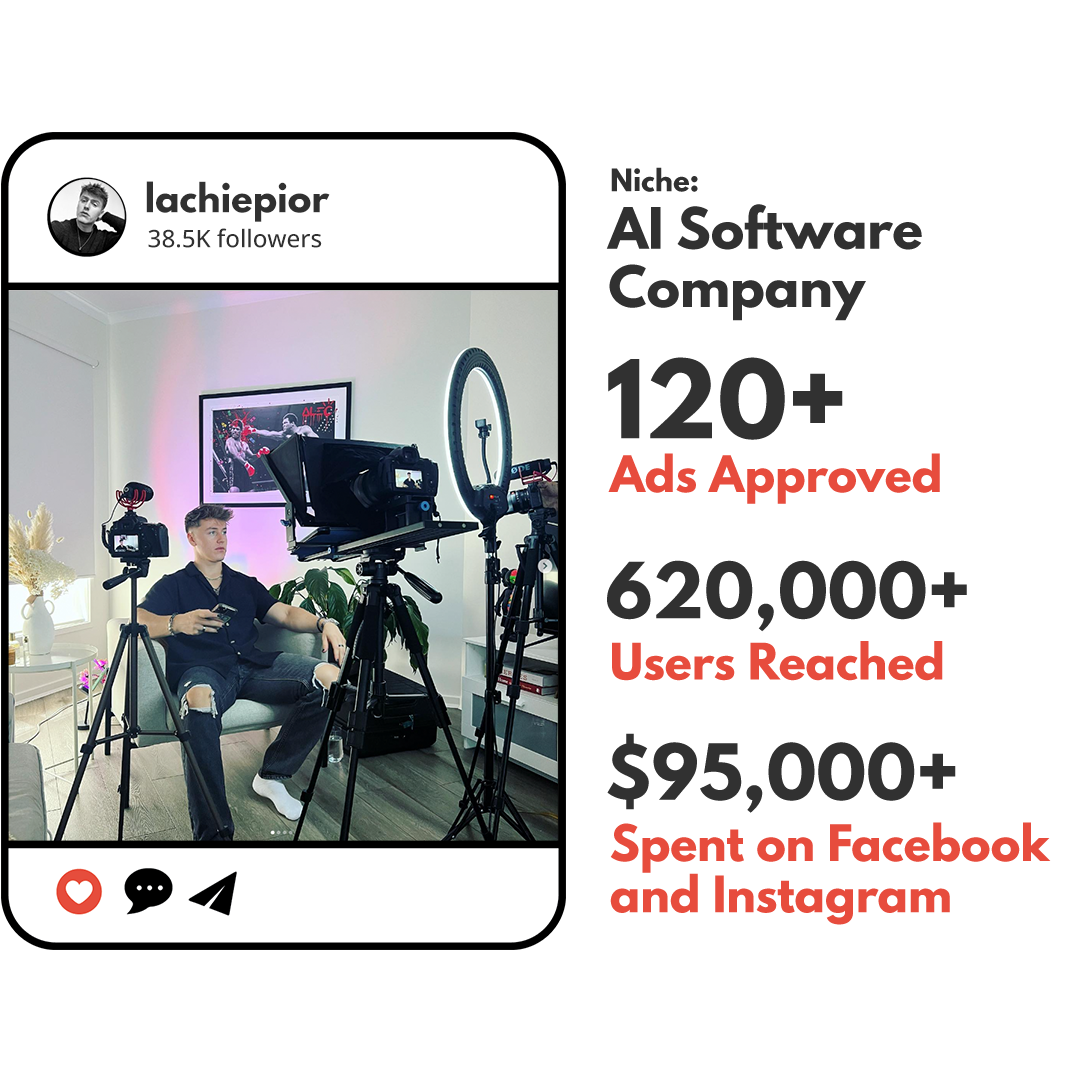
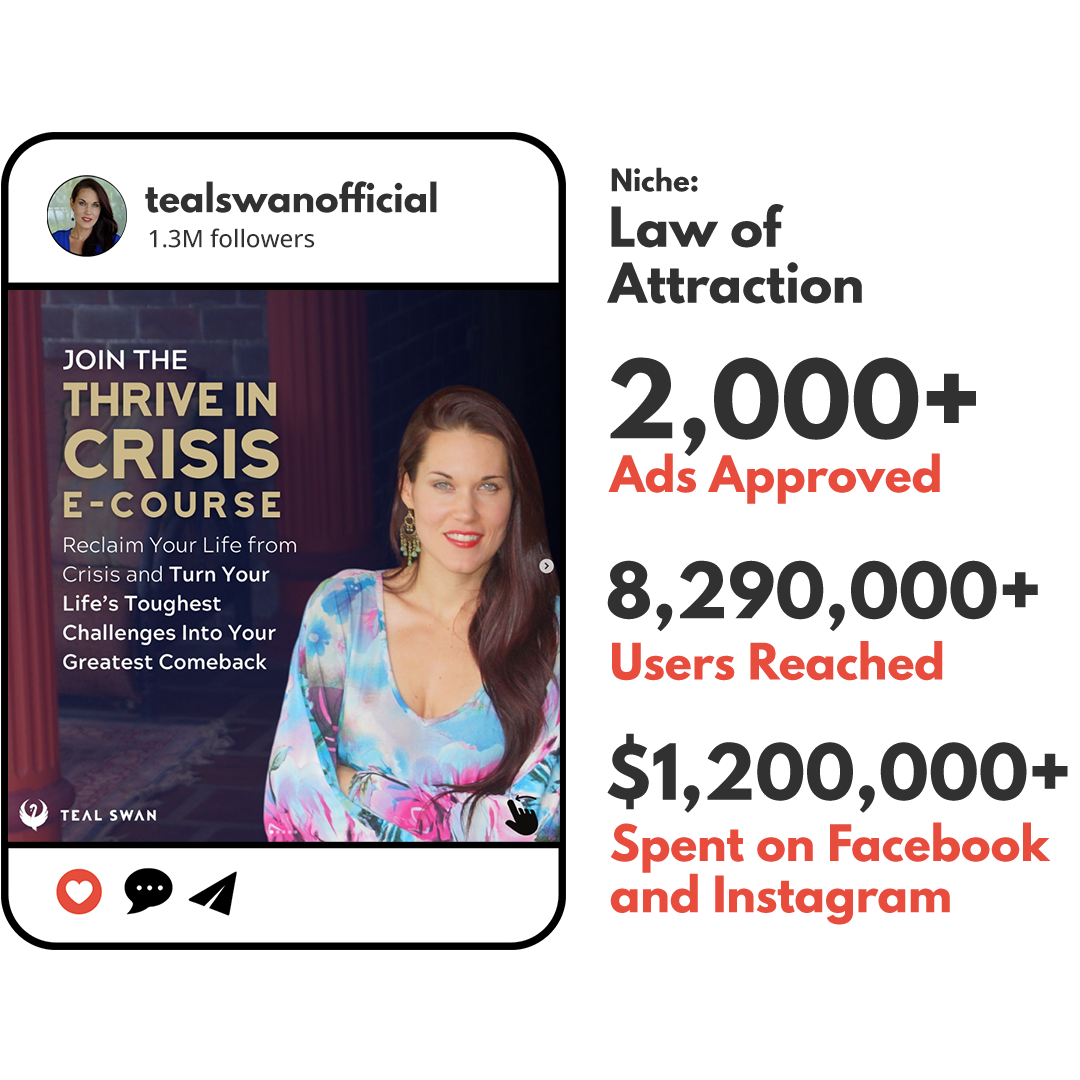
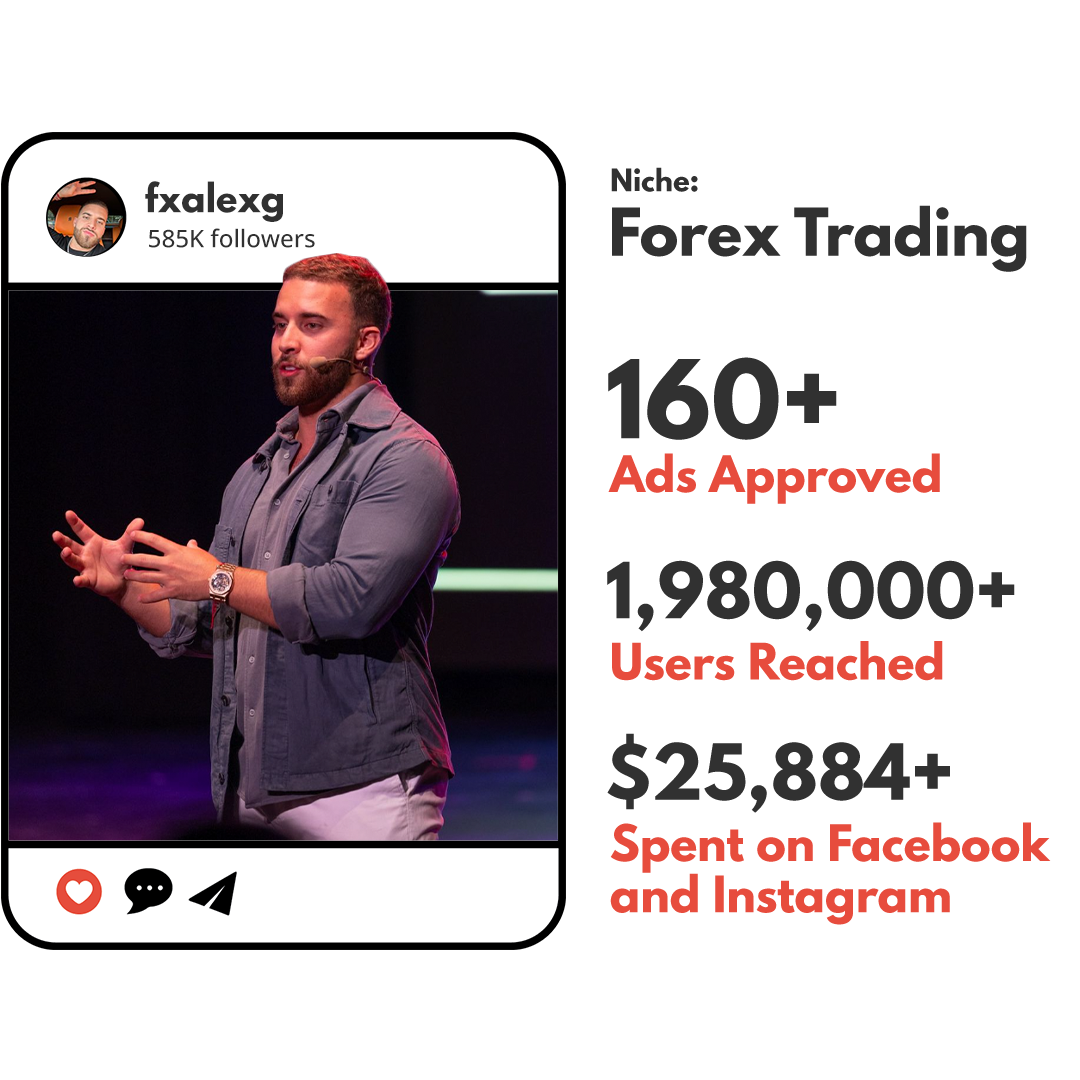
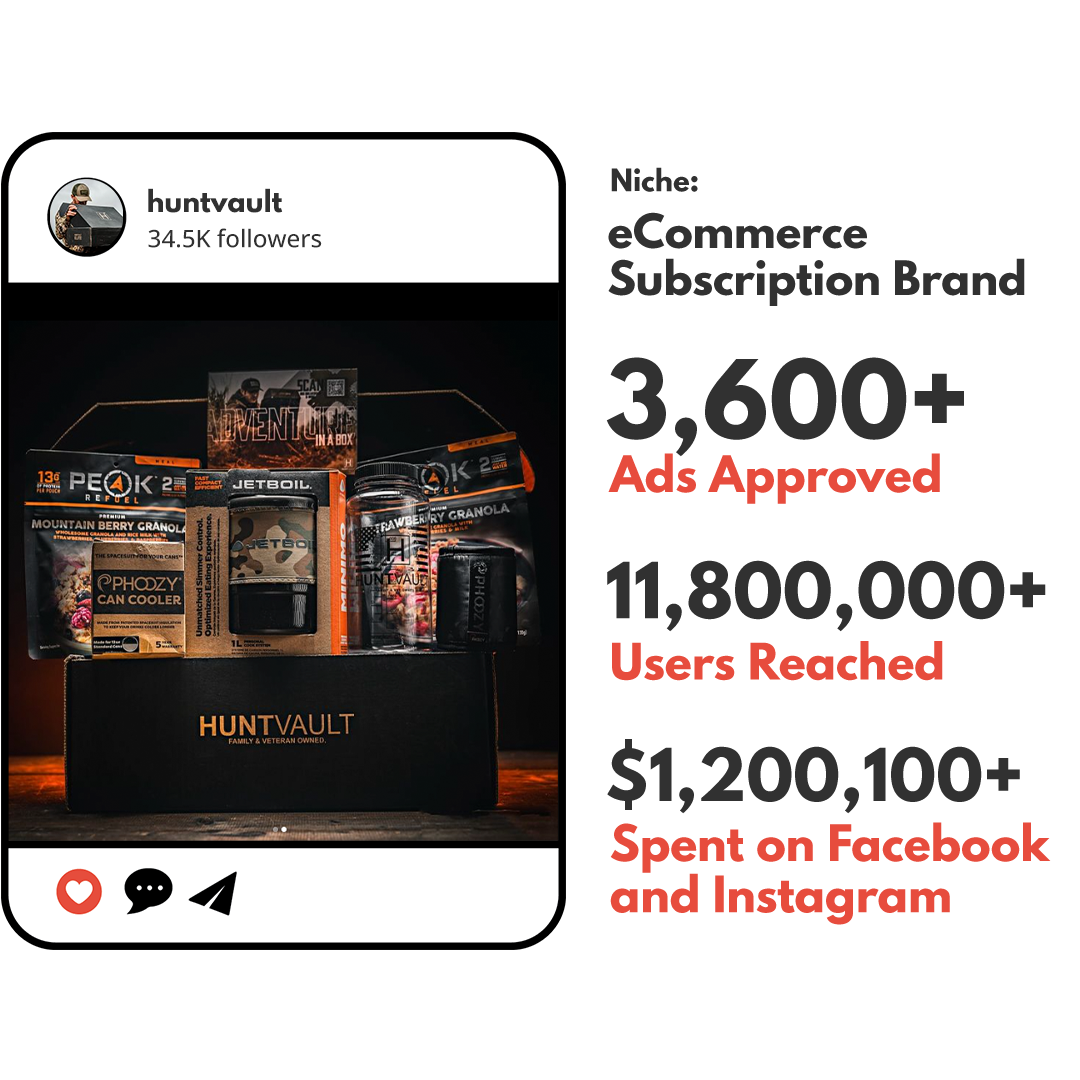
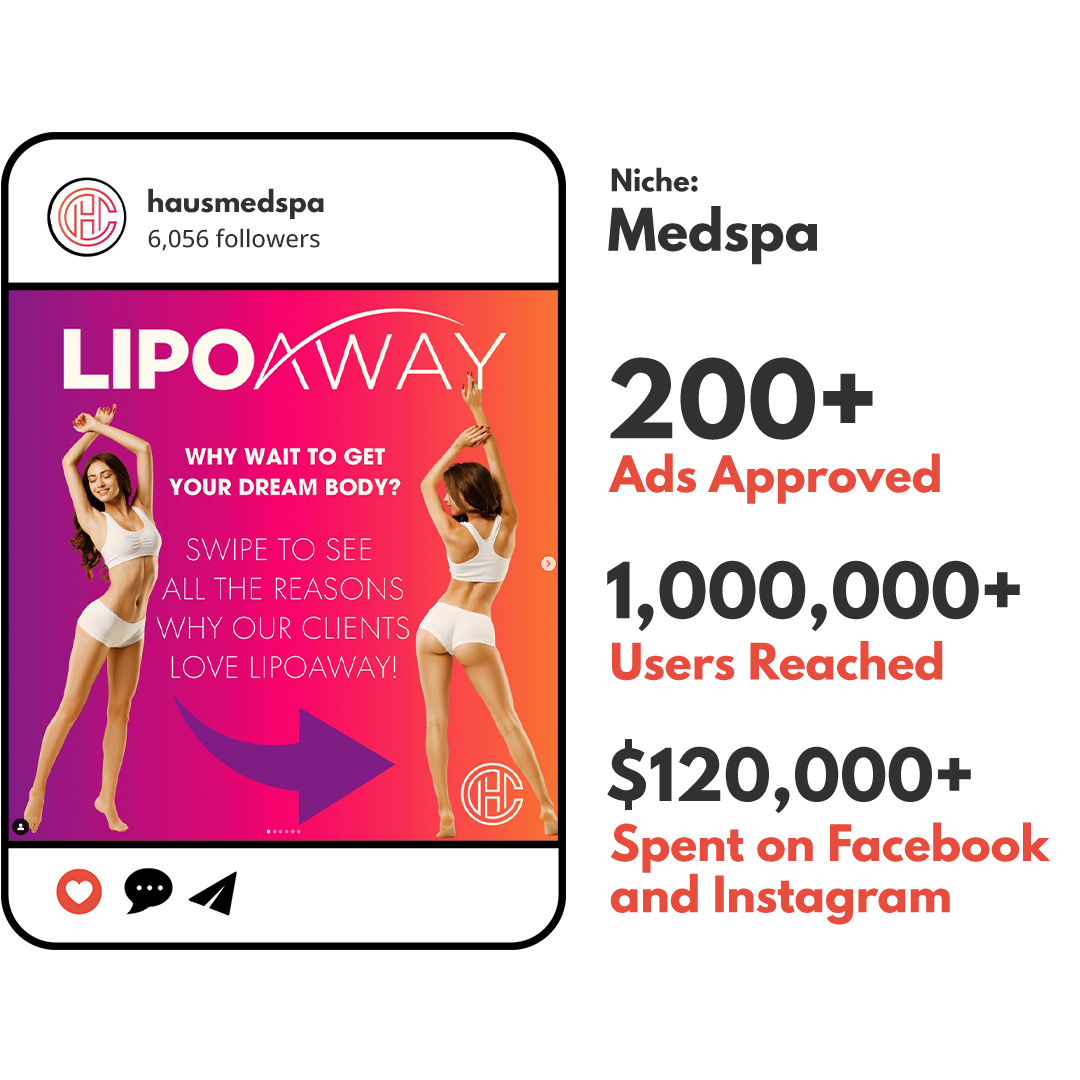
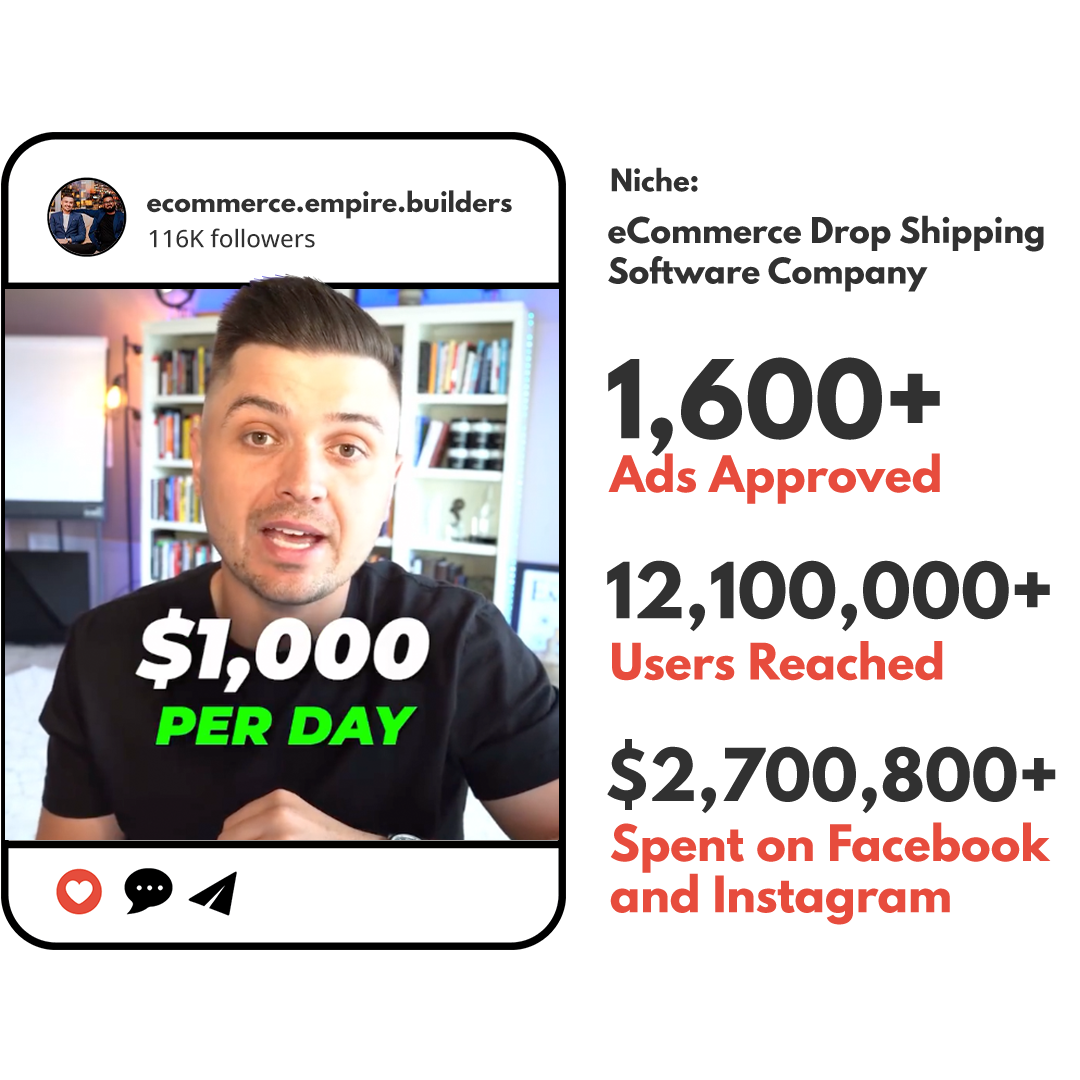
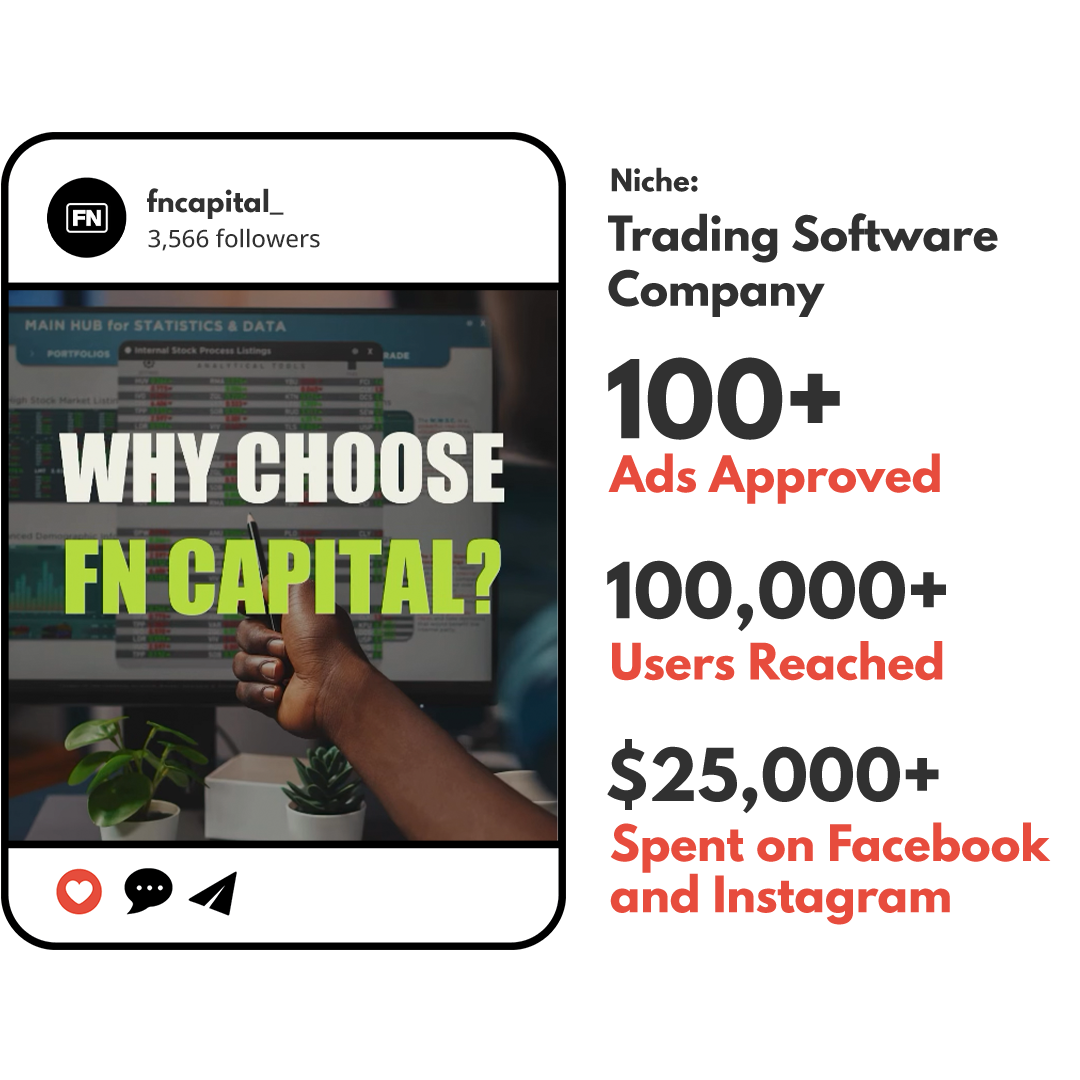
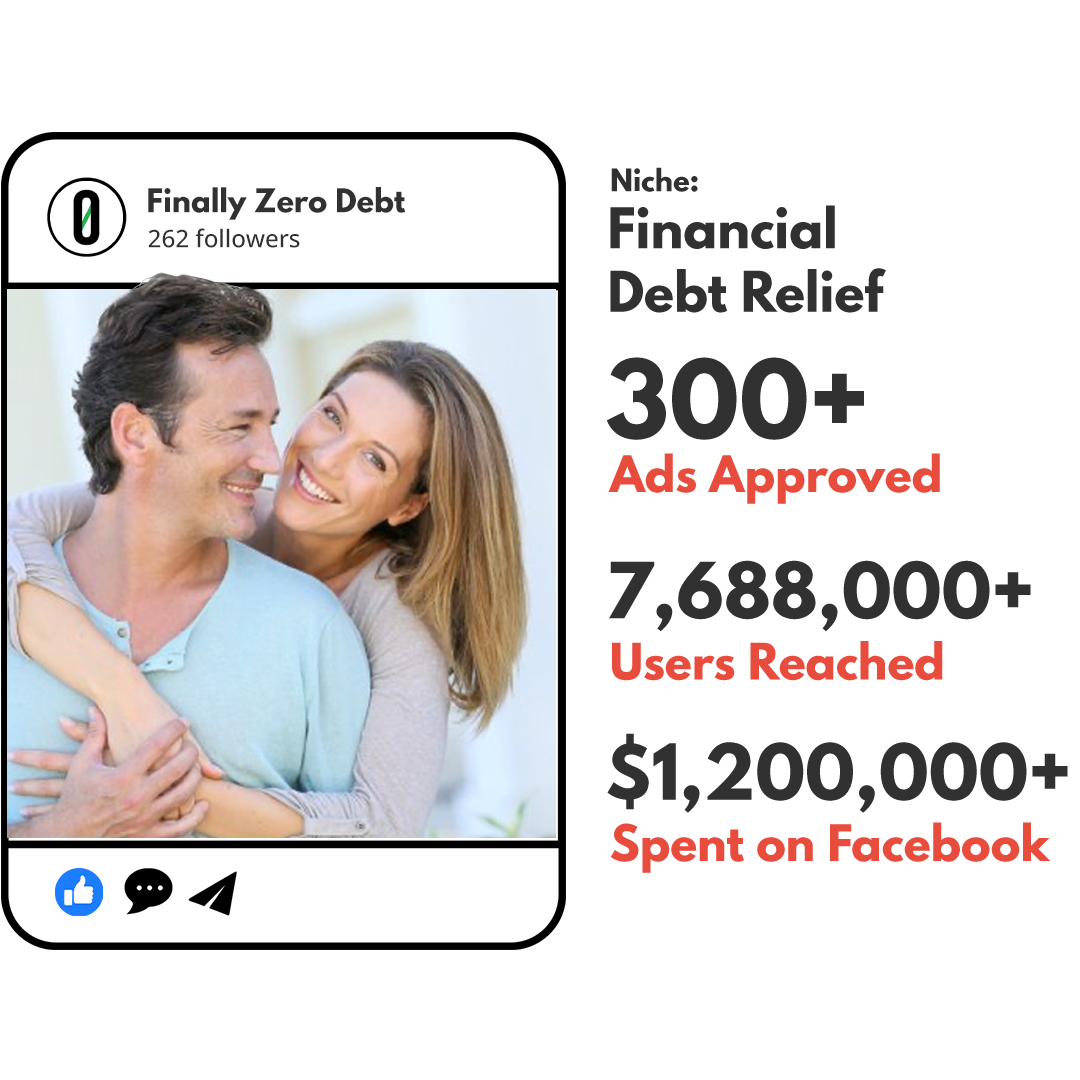
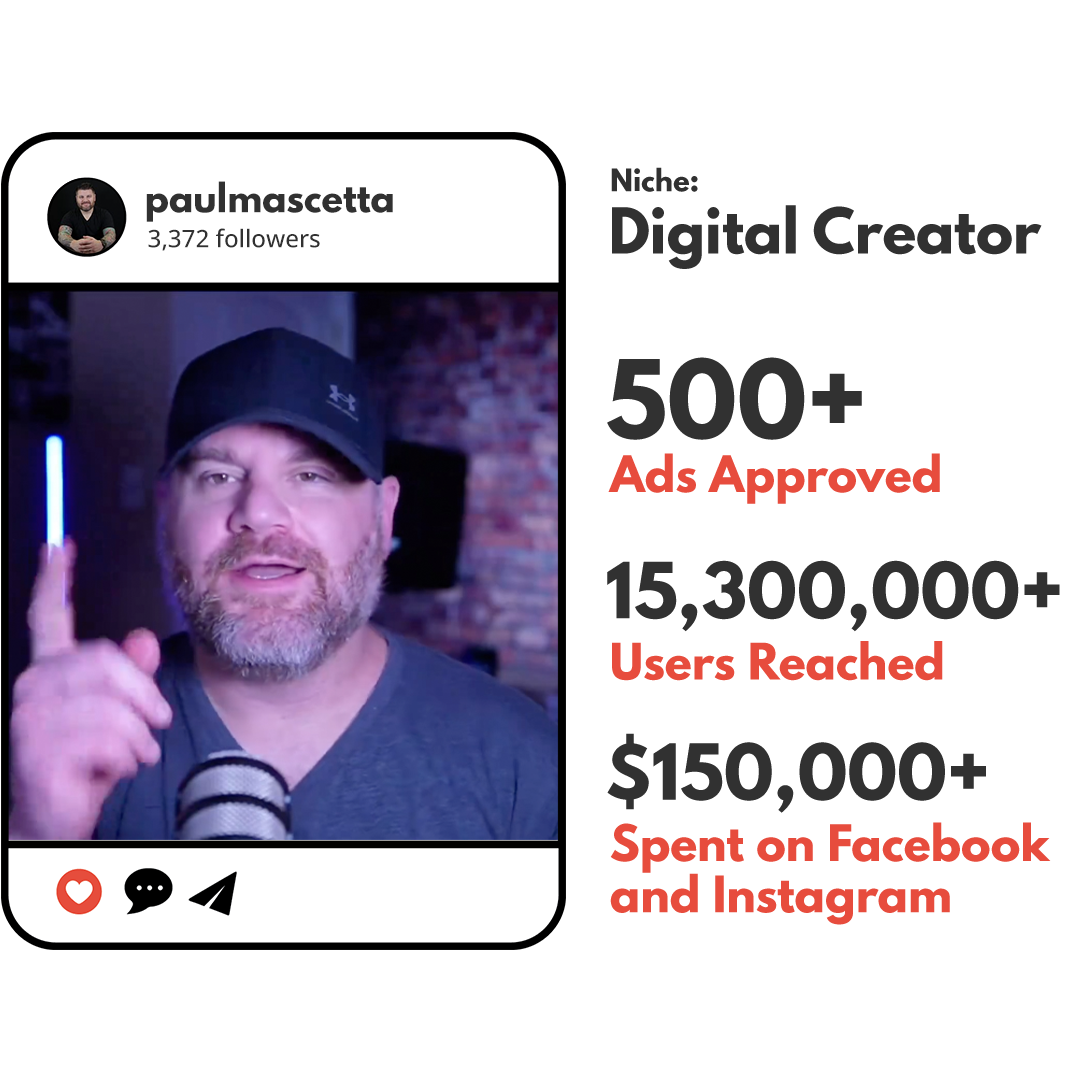
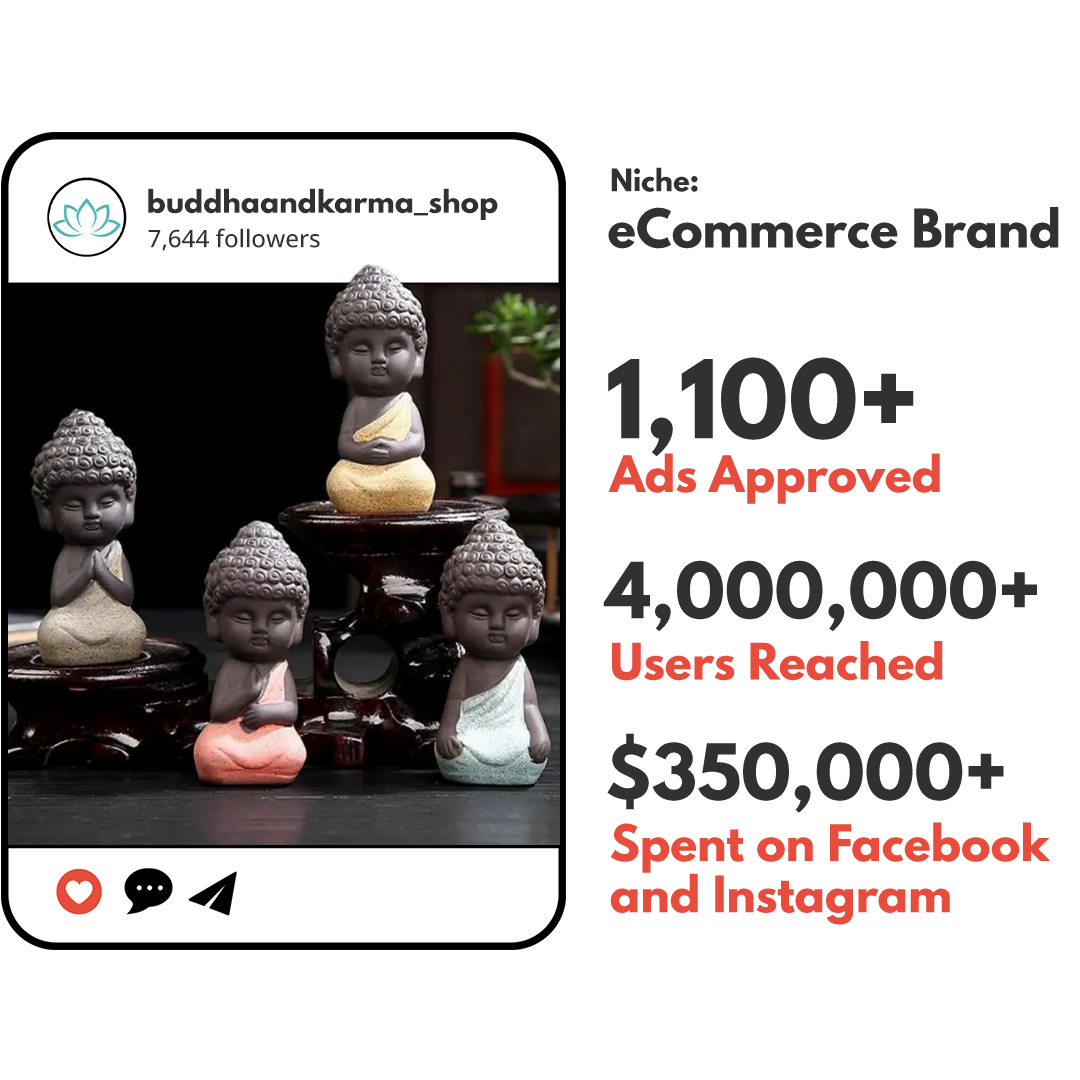
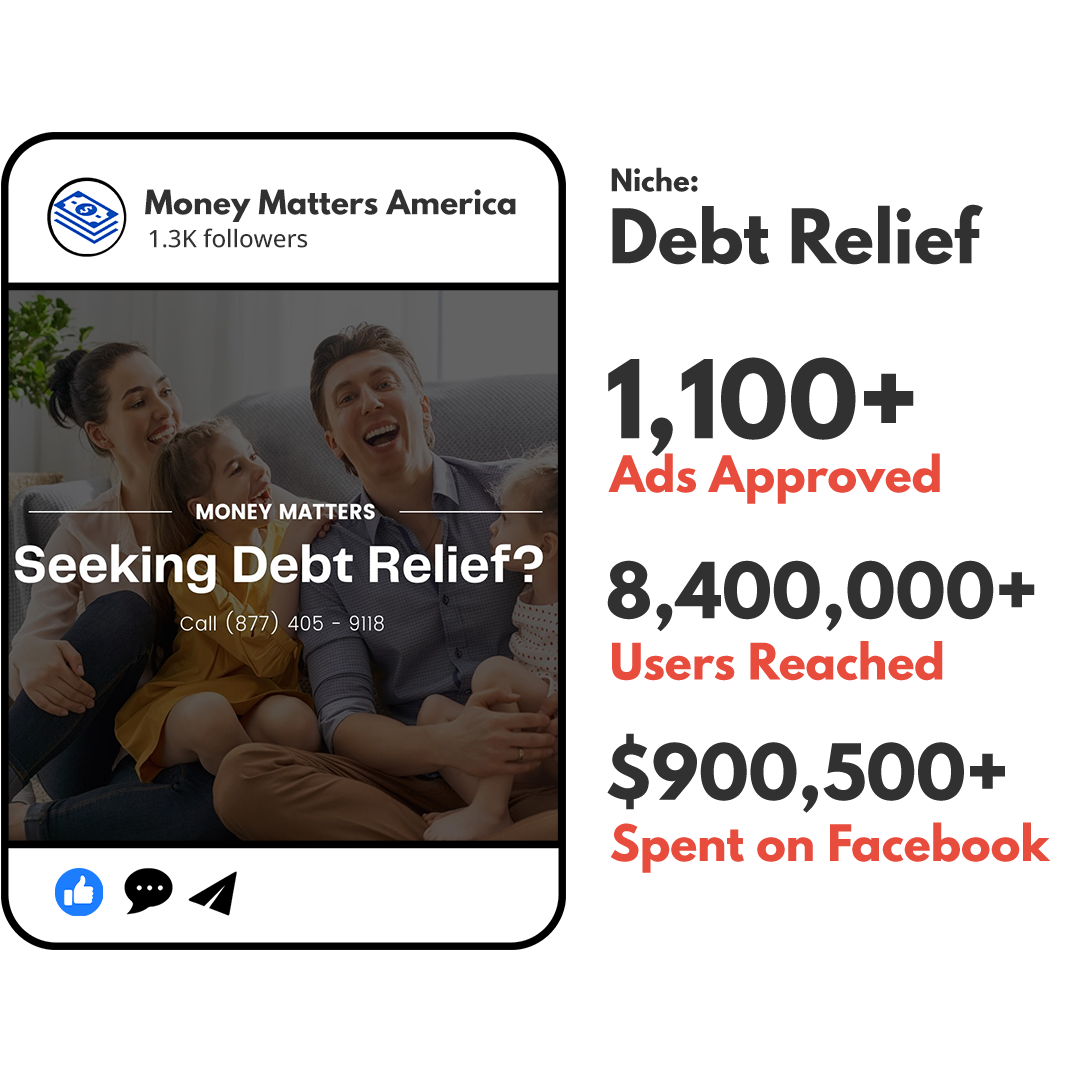
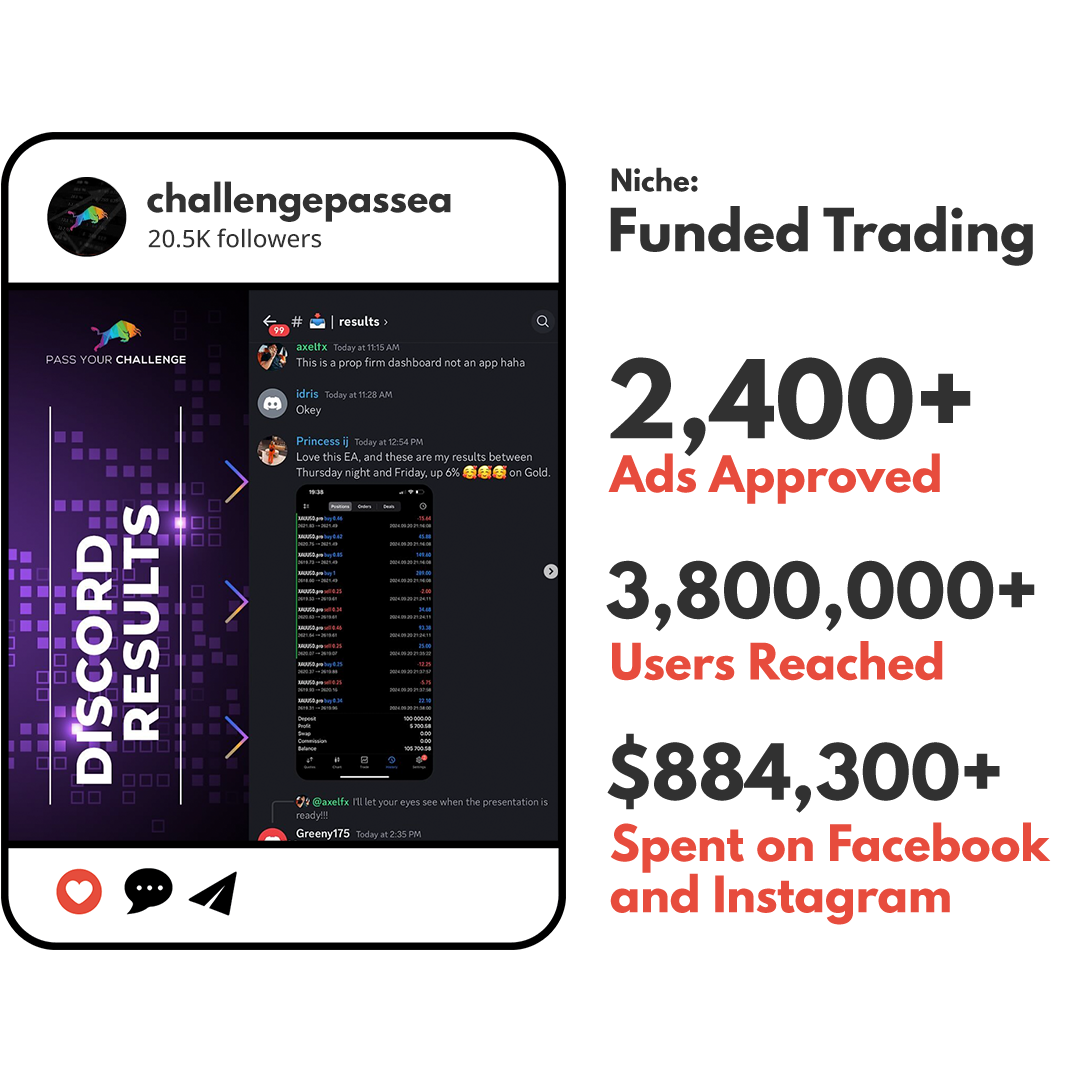
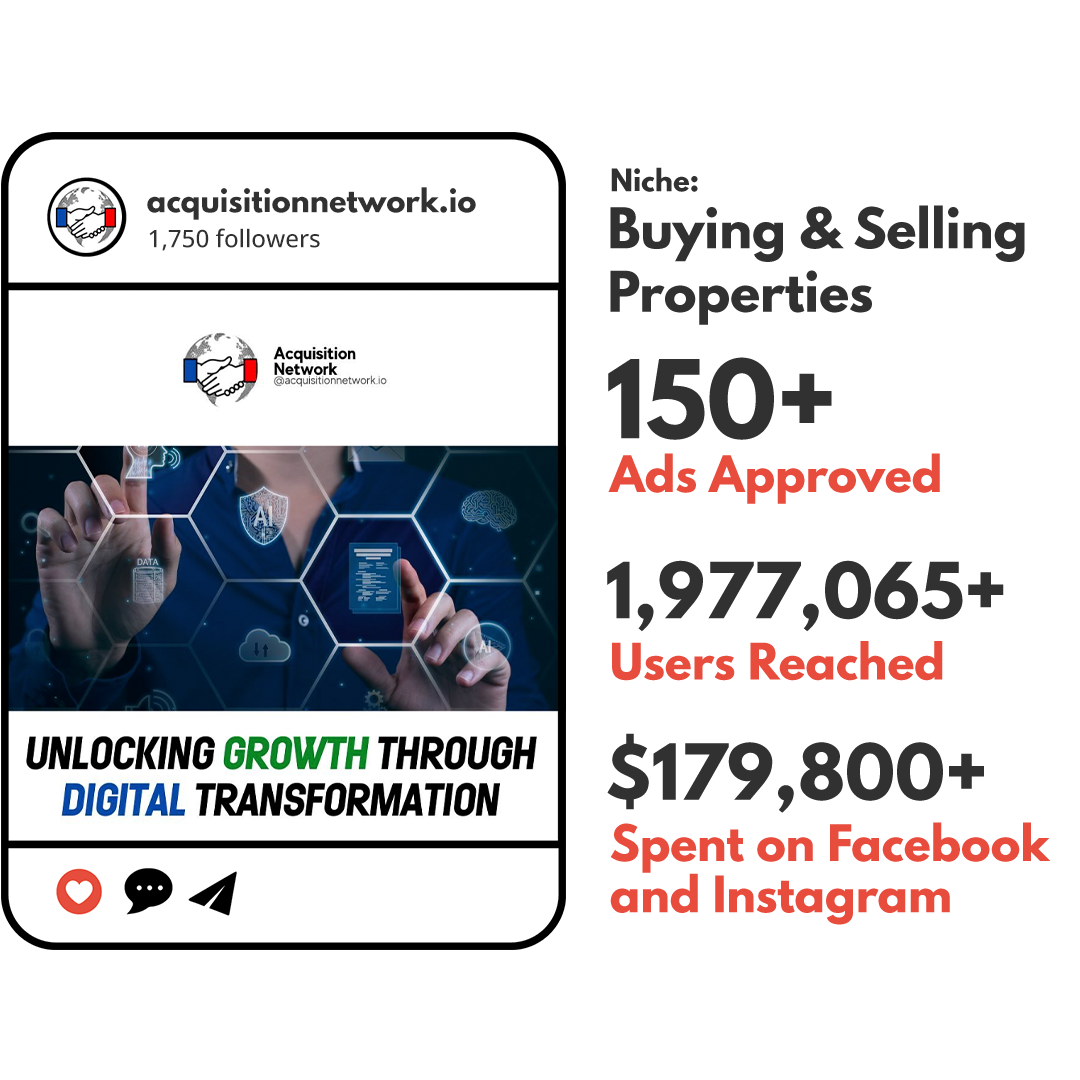

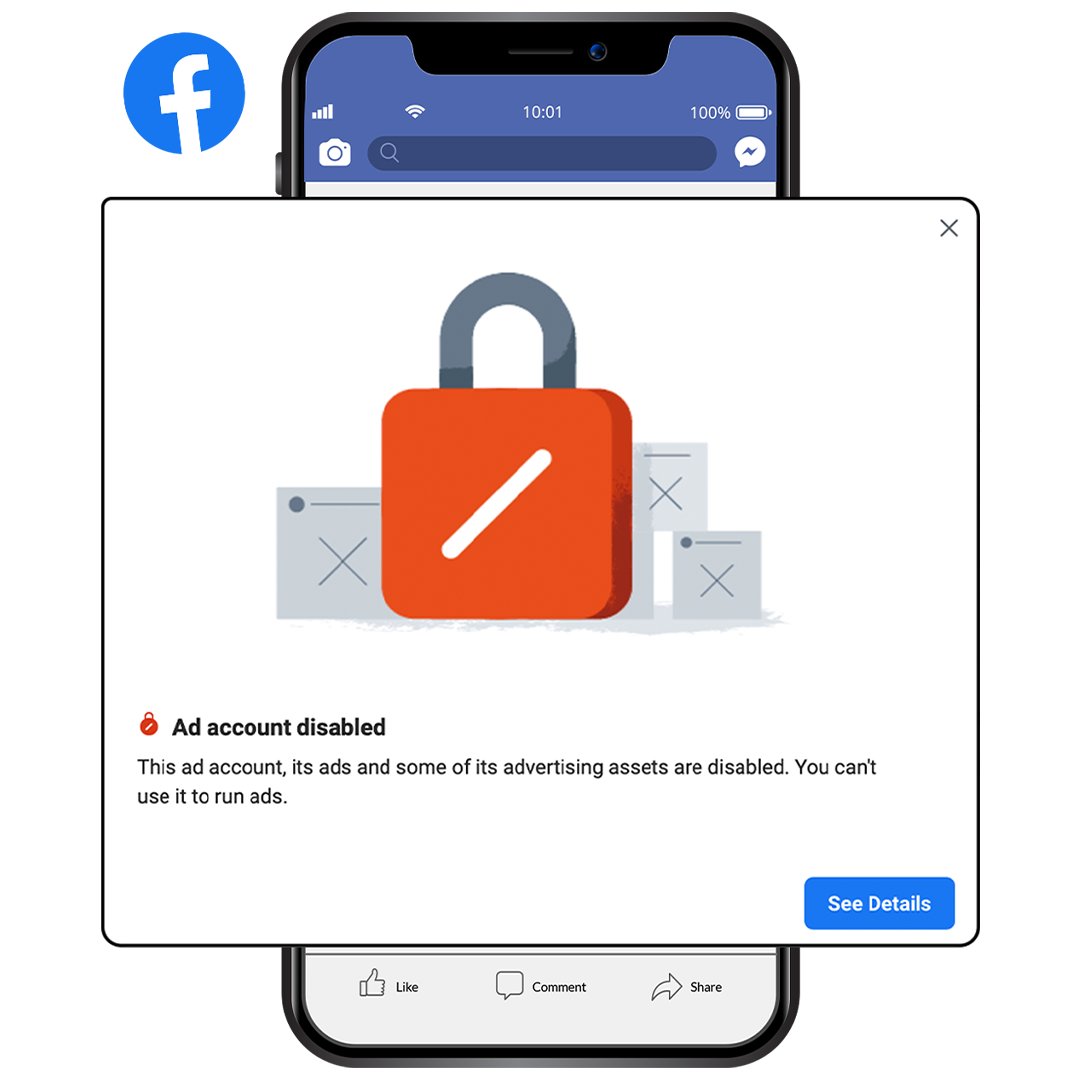
Facebook Agency Ad Accounts
Say goodbye to daily spend limits, account disables, restrictions, and ad rejections.
Unlimited Ad Spend: Scale your campaigns without worrying about daily limits.
Seamless Compliance: Stay compliant with Facebook's policies and avoid disruptions with our support.
Expert Support: Get guidance and support from our team for operational, API & Technical Support
Data-Driven Performance: Harness the power of data for optimal ad performance.

Mastering Keyword Research for Google Ads and SEO Success

Keyword Research Strategies for Google Ads and SEO: A Comprehensive Guide
Keyword research is the backbone of any successful Google Ads and SEO campaign. Understanding what your audience is searching for and aligning your content or ads with those queries ensures you drive targeted traffic that converts. In this guide, we’ll explore effective keyword research strategies to boost your Google Ads and SEO efforts.
1. The Importance of Keyword Research
Before diving into strategies, let’s briefly explore why keyword research matters:
Improved Visibility: Keywords help your site rank higher in search results.
Targeted Ads: Google Ads campaigns perform better when they target specific search terms.
Increased ROI: The right keywords attract quality traffic, ensuring a higher return on investment.
2. How to Conduct Keyword Research for SEO
a) Start with Seed Keywords
Seed keywords are the foundation of your research. Identify core terms related to your business or industry. For example, a bakery might start with terms like “fresh bread” or “custom cakes.”
b) Use Google Keyword Planner
Google Keyword Planner is a free tool that provides search volume, competition level, and keyword suggestions. Use it to refine your list of potential keywords.
c) Focus on Long-Tail Keywords
Long-tail keywords like “best bakery in New York City” are less competitive and more likely to attract targeted traffic. They’re essential for ranking in specific niches.
d) Analyze Competitors
Look at competitors’ top-ranking pages and ads. Use tools like SEMrush or Ahrefs to uncover the keywords they target.
3. Keyword Research for Google Ads
a) Segment Keywords by Intent
Group keywords based on intent:
Informational: "What is keyword research?"
Navigational: "Google Keyword Planner login."
Transactional: "Buy running shoes online."
b) Set a Budget Based on CPC
Evaluate the cost-per-click (CPC) for your target keywords. Choose terms that balance traffic potential with reasonable ad spend.
c) Avoid Broad Match by Using Match Types
Refine your Google Ads campaigns with match types like:
Exact Match: Targets users searching for the exact keyword.
Phrase Match: Matches search phrases containing your keyword.
Broad Match Modifier: Covers variations of your keyword.
4. Tools for Keyword Research
Google Keyword Planner: Ideal for search volume and ad targeting.
Ubersuggest: Provides keyword ideas and competition metrics.
Ahrefs and SEMrush: Advanced tools for in-depth analysis.
Answer the Public: Reveals questions your audience is asking.
5. Best Practices for Both Google Ads and SEO
a) Prioritize High-Value Keywords
Identify terms with strong traffic potential and conversion rates. Focus on keywords with a good balance of search volume and competition.
b) Continuously Monitor Performance
Keyword trends change over time. Regularly analyze your rankings and ad performance to refine your strategy.
c) Use Keywords Naturally
Overstuffing keywords can harm your SEO efforts. Incorporate them naturally into headlines, meta descriptions, and body content.
Conclusion
Keyword research is a powerful tool for driving success in both Google Ads and SEO campaigns. By focusing on audience intent, leveraging the right tools, and refining your strategy over time, you can boost visibility, attract high-quality traffic, and maximize your ROI. Start implementing these strategies today to elevate your digital marketing efforts!
How Ads with Finesse Can Help You
At Ads with Finesse, we specialize in crafting ad campaigns that highlight the best customer experiences, ensuring your audience connects with your brand on an emotional level. Our team carefully selects authentic, high-impact reviews and seamlessly integrates them into your ad strategy.
Learn more about our services today and turn you Google ads into your most powerful marketing tool with Ads with Finesse.
Let’s create ads that resonate, convert, and build trust.
Check out our blog and services at adswithfinesse.com.

© 2024 Ads with Finesse | Terms & Conditions | Privacy Policy
Ads With Finesse continually stays up to date with Meta & Google marketing changes related to policies, tools, products and more.
